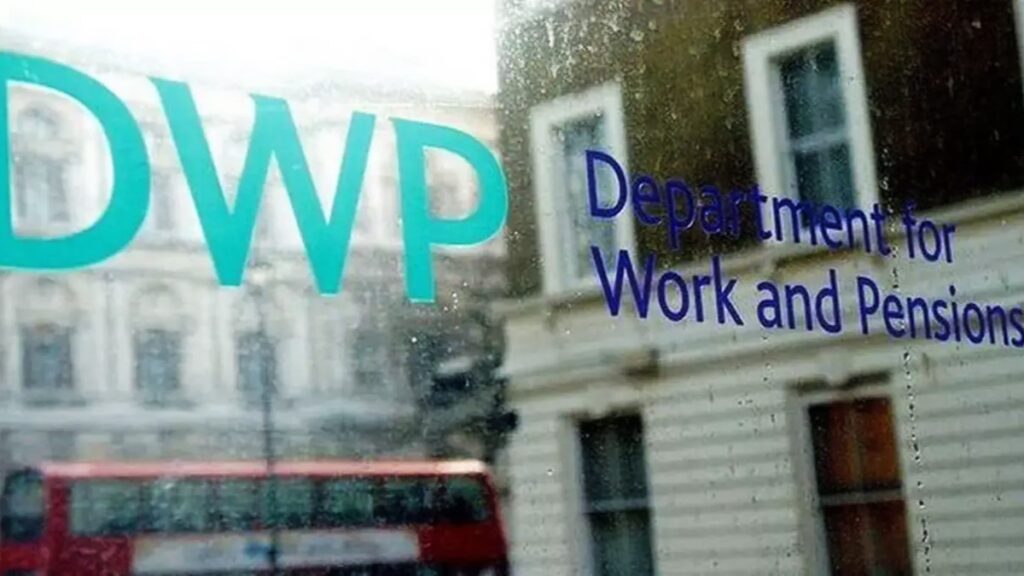The Department for Work and Pensions (DWP) has issued a crucial warning to individuals receiving Employment Support Allowance (ESA). Those who are on ESA must switch to Universal Credit as part of the government’s reforms to the benefits system. Here is all the information you want regarding this noteworthy alteration.
ESA Phase-Out: What’s Changing?
The DWP is gradually phasing out ESA, a benefit designed to assist those unable to work due to sickness or disability. This change will see ESA being replaced by Universal Credit, a more comprehensive benefit system. However, this transition is not automatic. In order to maintain their financial assistance, claimants must proactively apply for Universal Credit.
In September, the DWP sent out migration notices to ESA recipients, informing them of a three-month deadline to apply for Universal Credit. Failure to make the switch within this timeframe will result in a halt to ESA payments, potentially disrupting income support, especially during the upcoming festive season.

The Benefits Overhaul: Key Points
In addition to ESA, Universal Credit is replacing a number of other legacy benefits. Among these are:
- Income Support
- Income-based Jobseeker’s Allowance (JSA)
- Housing Benefit
- Working Tax Credit
- Child Tax Credit
Personal Independence Payments (PIP), which help with extra costs related to long-term health conditions or disabilities, will remain unchanged.
Why the Change?
The DWP’s overhaul aims to simplify the benefits system. By integrating various benefits into Universal Credit, the government hopes to streamline processes and provide more consistent support. However, this transition requires action from current benefit claimants to avoid any disruption in their financial assistance.
Urgent Action Required
ESA recipients must apply for Universal Credit to avoid losing their benefits. The process is not automatic, and claimants must follow the instructions provided in their migration notices. The deadline for this transition is three months from the date of the notice, and timely application is crucial to ensure continued support.
Understanding ESA and Universal Credit
What is ESA?
Employment Support Allowance (ESA) is a benefit for individuals who are unable to work due to health conditions or disabilities. It aids individuals who can go back to work in the future and helps with living expenses. ESA benefits are available to self-employed, employed, and handicapped people.
Universal Credit Details
Universal Credit provides a standard monthly allowance based on individual circumstances. For example, single individuals under 25 receive £311.68 per month, while those over 25 get £393.45. Couples receive between £489.23 and £617.60, depending on their ages. Universal Credit also includes additional amounts for those with limited capability for work, potentially offering up to £416.19 extra per month.
ESA to Universal Credit Transition
Current ESA claimants need to apply for Universal Credit by the deadline provided in their migration notice. While Universal Credit integrates multiple benefits into one payment, it does not automatically transfer ESA payments, requiring proactive steps from claimants.
Key Differences Between ESA and Universal Credit
Payment Structure
- Weekly amounts for ESA payments are fixed and dependent on certain group classifications (work-related activity group or support group).
- Universal Credit is assessed monthly based on income and household circumstances, which may vary each month.
Eligibility and Application
- New-style ESA requires National Insurance contributions and is available to those who have worked or been self-employed.
- Means-testing is used to establish eligibility and payment levels for Universal Credit, taking savings and income into account.
Additional Benefits Affected
Other benefits that Universal Credit is replacing in addition to ESA are:
- Income Support
- Income-based JSA
- Housing Benefit
- Working Tax Credit
- Child Tax Credit
These benefits will also require claimants to transition to Universal Credit, following similar procedures.
As the deadline approaches, ESA recipients and other legacy benefit claimants need to act promptly. The DWP advises all individuals receiving migration notices to apply for Universal Credit to ensure continued financial support. The transition process is designed to simplify benefits management, but it requires immediate action to avoid interruptions.
For those affected, staying informed and adhering to the application deadlines is crucial. As the benefits system evolves, navigating these changes efficiently will help maintain necessary support during this transition period.
Read More: Tragic Sepsis Death of 8-Year-Old: GP’s Warning Ignored Amid Overwhelmed Hospital Crisis






